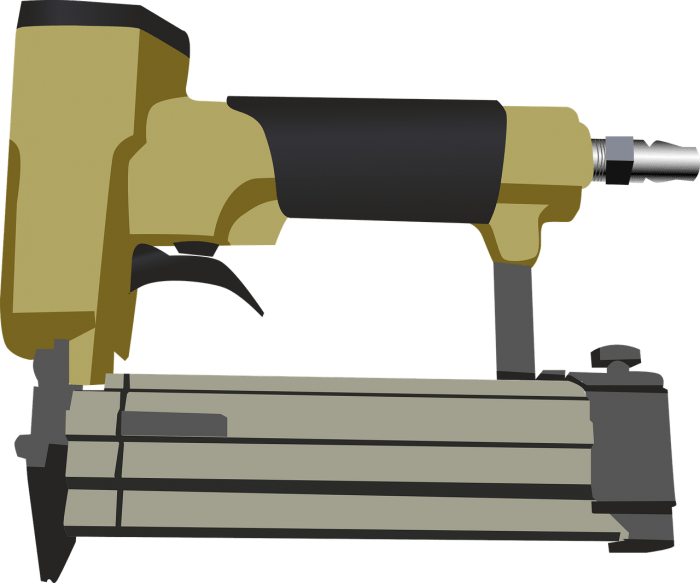Guide to 3 Types of Nails and Their Different Uses in DIY Projects

Would you humbly consider yourself a seasoned do-it-yourself professional? Rather are you a new and excited DIY enthusiast who is wanting to learn as much as possible before embarking on your new project? Screws and nails are one of the most fundamental necessities to keep in your tool bag.
Continue reading for a comprehensive guide to the 3 types of nails and their different uses in DIY projects.
1. Nails for Upholstery and Furniture Projects
There is a plethora of nails available. These are specifically designed to be used when creating or mending furniture and other upholstery items. Most of these types of nails come in a variety of decorative textures and aesthetic finishes.
Short shaft nails, tacks and plastic-headed nails are the ideal types of nails. You can use when finishing off external elements of your home. These are often referred to as the best nails to use when working on soffits and fascias by professional builders.
2. Nails for Carpentry and Construction Projects
For most construction and carpentry projects, you will need a large stash of good-quality collated nails. Collated nails are essentially types of nails that come pre-assembled in a standard order. You typically need more of these types of nails than others. Another popular choice of nails amongst qualified and professional carpenters are panel pins. These are incredibly thin yet incredibly strong and sturdy. These are oval wire nails which are most commonly used in timber joinery.
Staples and sprigs are the perfect types of nails when working around windows or other areas involving expanses of glass. The latter are usually utilized to ensure the glass in the panes of windows are in place before the application of heavy-duty putty. Stainless steel slate hooked nails are the ideal nails to use when mending or maintaining the roof of your outhouses. These have the appearance of a shepherd’s crook.
If you intend on fixing lightweight timber items to concrete or brick walls, masonry nails are by far the most effective, and for heavier objects, use nuts or bolts instead.
3. Nails for Heavy-Duty Metal Work
Square twisted nails are most commonly used to attach metal plates (however bulky or unusually shaped) to inner- and outer joists to ensure a tight hold. It is pertinent to note that it is advisable never to use plasterboard nails in replacement of regular screws, though, as although they look similar in appearance, they are nowhere near as strong.
When you are embarking on a project that is geared towards necessity over aesthetic appearance, the best type of nail to use is the common garden round wire nail, which is the most common type of nail. It is advisable to never use this type of nail when working with wood as they have often been known to split wooden items.
No matter what kind of DIY project you are embarking upon, there is a nail specifically designed for every job!




